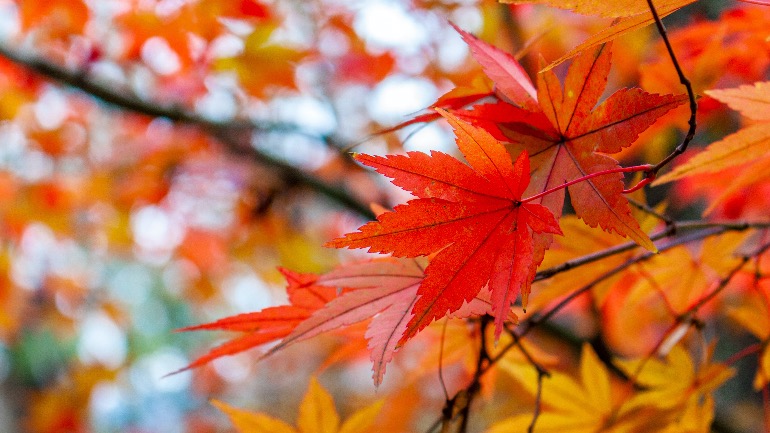Lay practitioners like you should be even more careful not to repeat the kind of mistake I made as you have limited free time to begin with. If all your time was spent on learning different teachings while little on actual practice, you would not be able to retain any in the end, just like someone who has to throw up due to over-eating and indigestion. It is all so pointless!
In the last few years, most of the teachings I gave were relatively short on theory and logic, except for a few easily confusing questions laypeople had that required further explanations. The emphasis was primarily on the way of actual practice. But did you do as taught?
- Quote from The Right View, "The Way of Living and the Meaning of Life"











